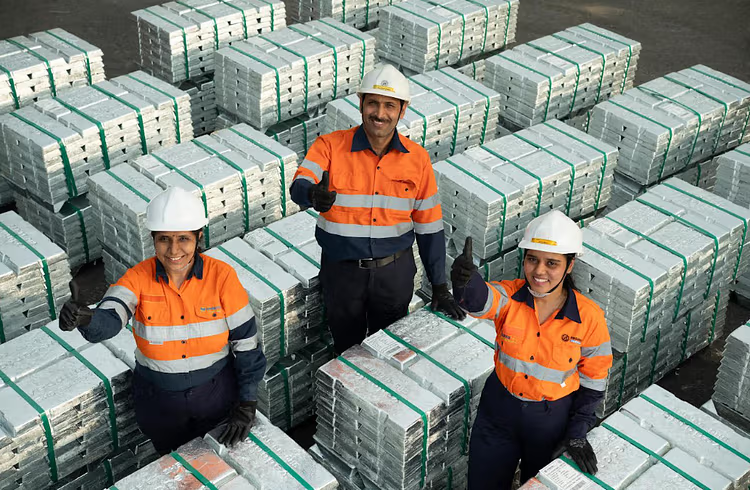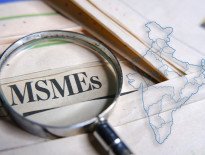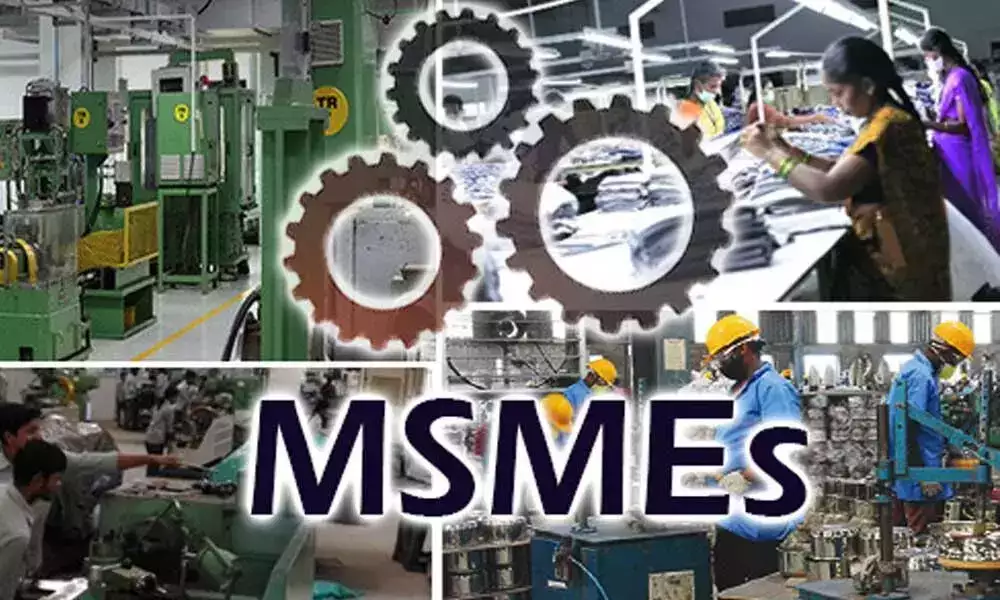Share

This comes in the wake of assurances from Minister of Heavy Industries, HD Kumaraswamy and Commerce and Industry Minister, Piyush Goyal, during events organised by the Indian Steel Association (ISA), that steps would be taken to restrict Chinese steel imports to protect the domestic steel industry. As large steel producers push for protectionist measures citing a rise in Chinese steel imports, number of micro, small & medium enterprises (MSMEs) have flagged concerns over any hike in duties on steel inputs, which, they say, might potentially drive them out of business. On Wednesday, Kumaraswamy said that he would request the Finance Ministry to raise the import duty from 7.5% to 10-12%. On Thursday, Goyal proposed working on a “border adjustment tax (BAT)” to curb Chinese steel imports, as steelmakers argued that imports were entering India at “predatory” prices. A trade expert explained that Indian steel producers pay taxes like electricity duty, iron ore duty, and coal cess, while imported steel is often cheaper, because other countries may not have similar taxes, giving their steel a price advantage and that BAT would level the playing field. However, MSMEs have pointed out that they are often forced to import steel from China and Vietnam, as large steel producers prefer to focus on exports due to the incentives offered.
“Indian MSMEs cannot source steel locally because large steel manufacturers do not prioritise MSMEs and instead focus on exports, where there are incentives. If you increase taxes on steel imports, input costs will rise by 10 to 20%. How will MSMEs survive?” said Vinod Kumar, president of the India SME Forum. Kumar said that large export orders suit steel producers better, allowing them to meet their targets more easily, whereas Indian MSMEs typically order in small quantities, such as 2 to 4 tonnes, which is less appealing to these steelmakers. “It’s similar to the banking system in India — rather than issuing 5,000 loans of Rs 1 crore, they prefer giving one loan of Rs 5,000 crores. They meet their targets with less hassle,” Kumar added. MSMEs said that taxes on steel imports would help steel manufacturers maintain their monopoly. “Most steel manufacturers prefer large international customers. Now, they are also ensuring that imported steel, which we use as input, will become more difficult to procure due to additional duties. So where do MSMEs go? Should we shut down manufacturing completely?” S Hegde, managing partner at Bangalore-based Newcom Technologies said. Former trade officer and Global Trade Research Initiative (GTRI) founder Ajay Srivastava said that the Indian steel industry is looking for protection from cheap imports, with one option being discussed is imposition of a border adjustment tax (BAT) on imported steel. Any such step will lead to an increase in price of imported steel which will lead to general price rise as steel is a critical building block of the economy, Srivastava said. Srivastava added that with higher protection, local steel firms may increase prices and it is therefore important to analyse steel firms’ balance sheets and understand whether some of the steel industry’s problems are internal, rather than just “import-related”. MSMEs also said that the calls to impose quality control orders (QCO) in 2019 was also not right as it could hurt the small industry. “The Government is using QCOs as non-tariff barriers for many product lines and had earlier proposed in 2019, to bring QCO in steel, to curb import of steel but without understanding or looking at the devastating impact it can have on MSMEs and the market at large. Why can’t they do a grass roots consultation rather than only talking to the large enterprises,” Munish Agarwal, MD, Jayco, VKI Industrial Area, Jaipur said.
On August 16, the Ministry of Commerce and Industry launched an anti-dumping investigation into imports of certain steel imports originating from Vietnam. The ISA, the lobby group for the bigger steel producers, had called for an investigation into these imports, arguing that they were negatively impacting domestic steel prices. This comes at a time when India became a net importer of steel in FY24, with an overall steel trade deficit of 1.1 million tonnes, marking a shift from its status as a net exporter since fiscal year 2017, according to a Crisil report. The top exporters to India were China, South Korea, Japan, and Vietnam. A query emailed to the Ministry of Micro, Small and Medium Enterprises and the Ministry of Commerce and Industry remained unanswered till the time of publication.
Related Posts
SEARCH SMECONNECT-DESK
RECENT POST
- Why AI Is Struggling to Charm Its Toughest Customer- Indian MSMEs
- INTERACTIVE MEETING WITH Chairman of “Economic Advisory Council to the Prime Minister”
- SME BUSINESS FORUM MEETING
- Vedanta Metal Bazaar Records Rs.40,000 crores in Total Sales on National MSME Day
- India must increase labor productivity to become a developed nation, says Niti Aayog’s Suman Bery




